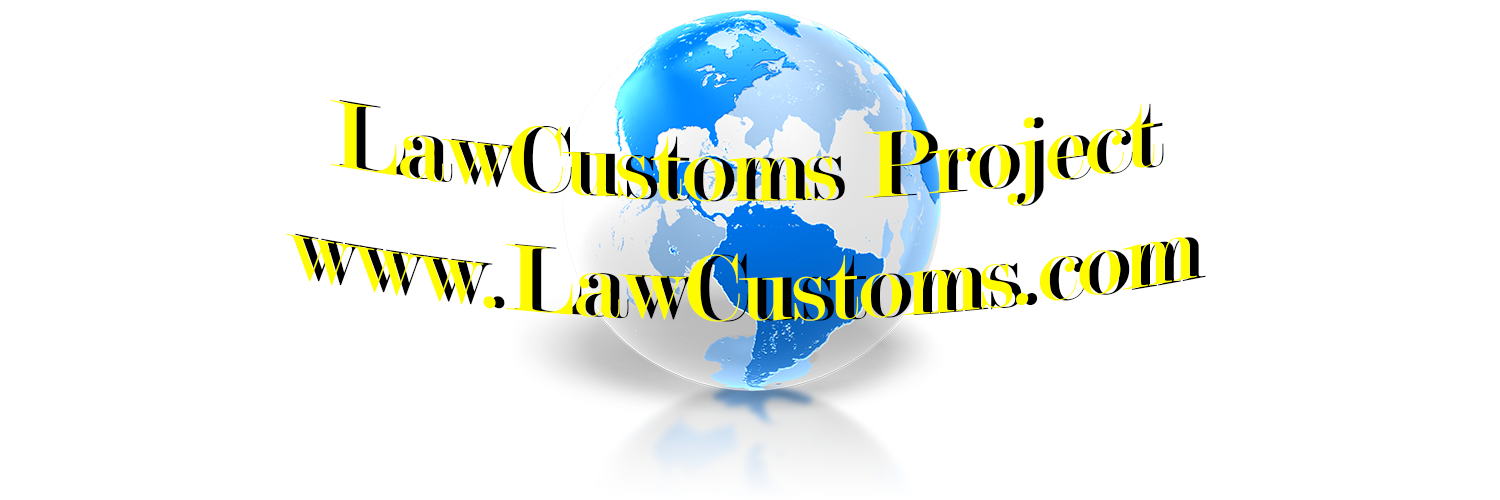 To get rawhide, porkhide, or avian pet products into the United States, you have to deal with FDA, USDA, and CBP regulations. In addition to regular commercial and shipping documents you also need to provide veterinary certificate and NCIE import permit if pet chews are not plain. A lot can be said about the process, but the purpose of this article is to focus on CBP Agriculture process.
To get rawhide, porkhide, or avian pet products into the United States, you have to deal with FDA, USDA, and CBP regulations. In addition to regular commercial and shipping documents you also need to provide veterinary certificate and NCIE import permit if pet chews are not plain. A lot can be said about the process, but the purpose of this article is to focus on CBP Agriculture process.
Agriculture Specialists currently work under Department of Homeland Security, yet mostly deal with enforcement of regulatory statutes of the United States Department of Agriculture. When customs broker transmits an entry (for example using HTS 0511.99.2000), it goes on automatic hold and EDR (Entry Documents Required). Agriculture Specialist reviews the entry and then makes a decision (to release, to examine, to request further information). As a guidance for appropriate decision, Agriculture Specialists use the Animal Product Manual. Inspector in one of the ports provided a copy of the relevant page from this manual (see left image to your top right). Basically, it is a replication of USDA GUIDELINES FOR IMPORTATION #1119, only in a different format.
Sometimes events do not turn out as planned. For example, foreign government veterinarian did not lists porcine for the porkhide pet chews, or permit number is not referenced on the invoice, or USDA’s NCIE made a mistake on the permit. If you are in this situation, Agriculture Specialist may push you agree to export container. To increase pressure, may even issue Emergency Action Notification (PPQ Form 523, see page 25 of the manual).
For quicker resolution, I highly recommend to get National Center for Imports and Exports (NCIE). NCIE actually has a form (see image on the right) that instructs Agriculture Inspectors to release the shipment. Of course, additionally it would help to provide revised documentation as suggested by an inspector.
Also be mindful of USDA regulatory statutes. 7 U.S.C. 7714 (d) prohibits inspectors to order exportation / destruction unless feasibility is established.

